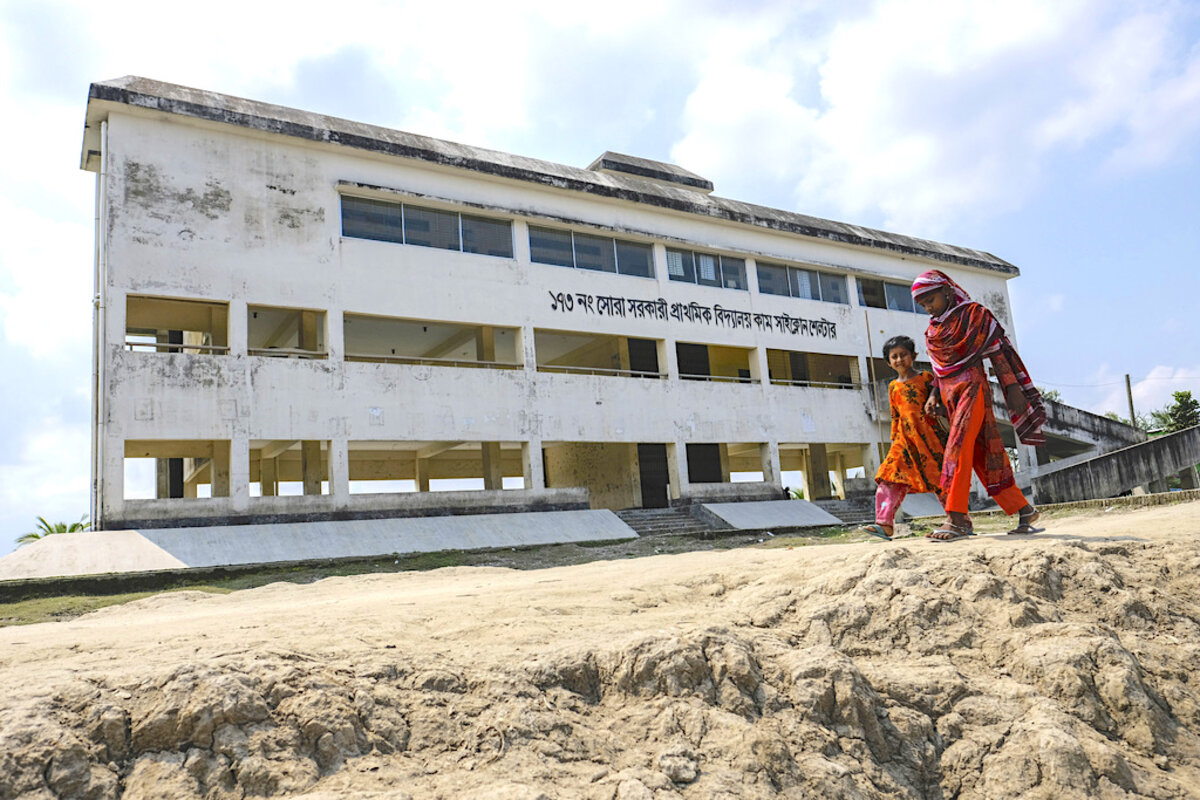What happens when what had been a bedrock principle changes? Carson v. Makin shows the Supreme Court’s evolution of thought in recent decades on the separation of church and state.
Monitor Daily Podcast
- Follow us:
- Apple Podcasts
- Spotify
- RSS Feed
- Download
 April Austin
April Austin
Monitor readers are book lovers. From the time I became the books editor in 2019, I’ve been eager to seek out thought-provoking books that inform and inspire our readers.
Each December, a daunting task awaits: determining the best books of the year, which you’ll find in this issue. The list is the product of nearly 12 months of reviews, author Q&As, and insights, which, this year, involved 36 reviewers assessing almost 250 books; we published reviews of about 150 of those titles.
What drives those initial selections? Each month, as I sift through early reviews in trade magazines, I look for books that embody Monitor values such as courage, tenacity, authenticity, and deep humanity. Once I’ve narrowed my list to 20 or so candidates, I assign reviewers to assess the books based on those values.
Literature can be a great driver of empathy and understanding. I look for three-dimensional characters that demonstrate agency in their lives and a willingness to seek growth. I hope to identify authors who possess what Monitor Editor Mark Sappenfield calls “an unshakeable conviction that love and grace are accessible and active in every human condition.”
I also look for books by a diverse group of authors and for stories that bring readers into corners of the world and into lives they might not otherwise encounter. Such literature helps us understand where people are coming from and creates opportunities to discover commonalities with people who might seem quite different.
When you read our reviews, sign up for the free weekly books newsletter, or join our Books Beat Facebook group, you’re part of a community of Monitor readers seeking books that have the power to enlarge and enrich our lives. Thank you for being part of our community.










